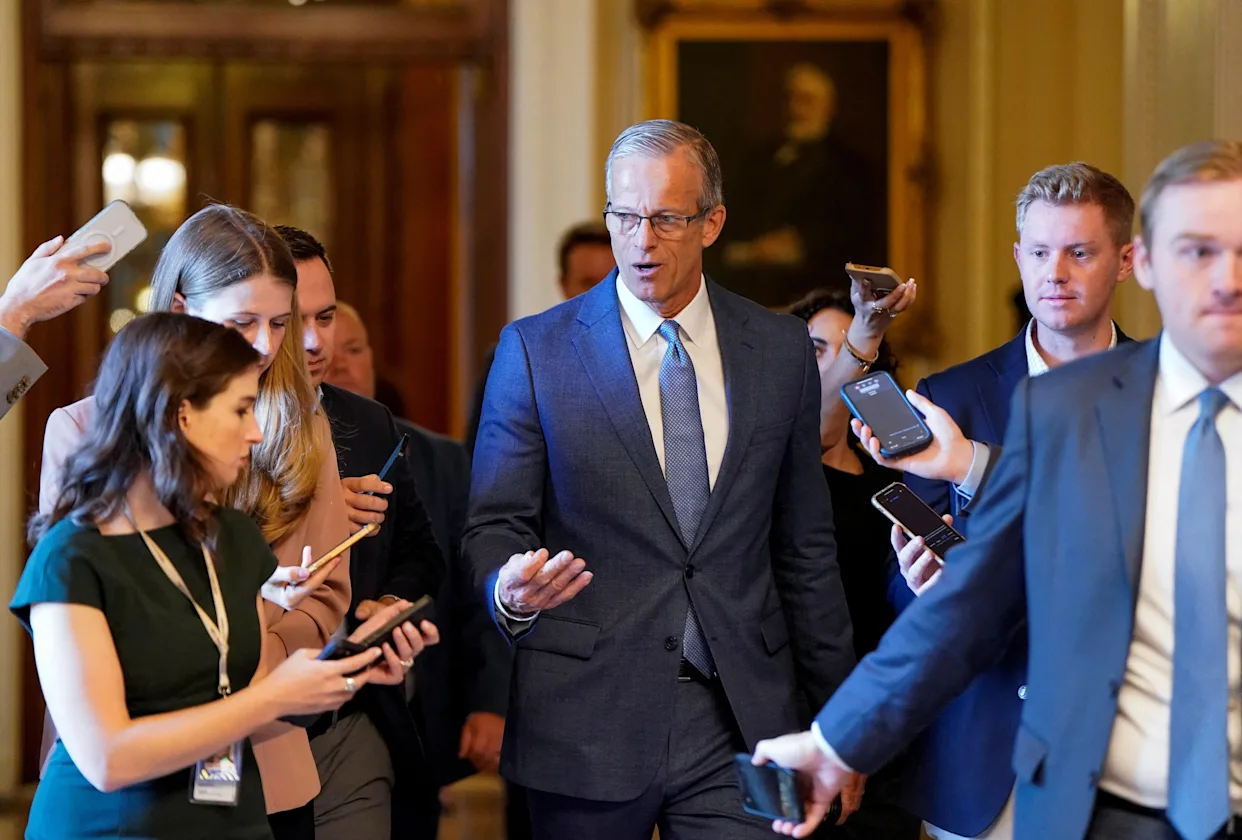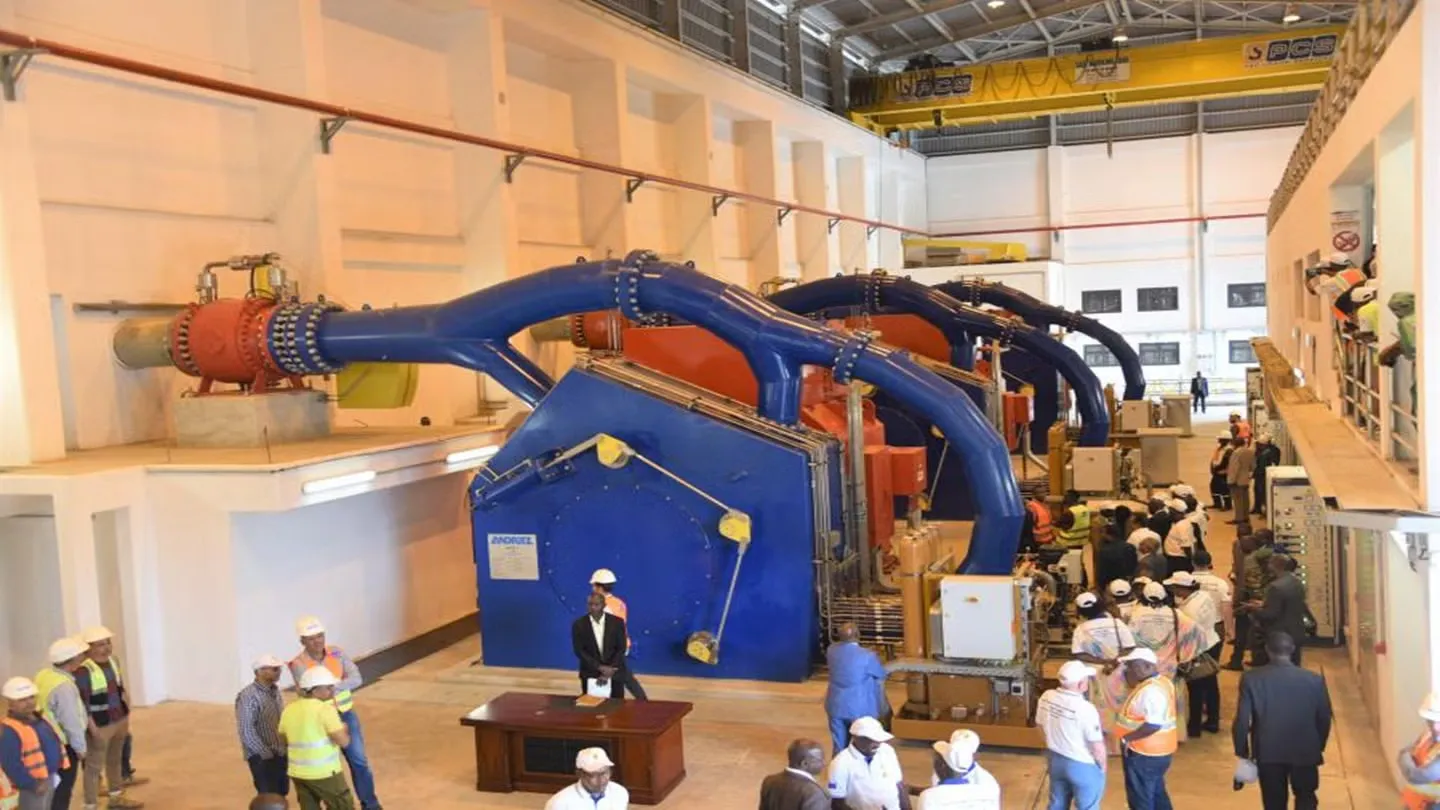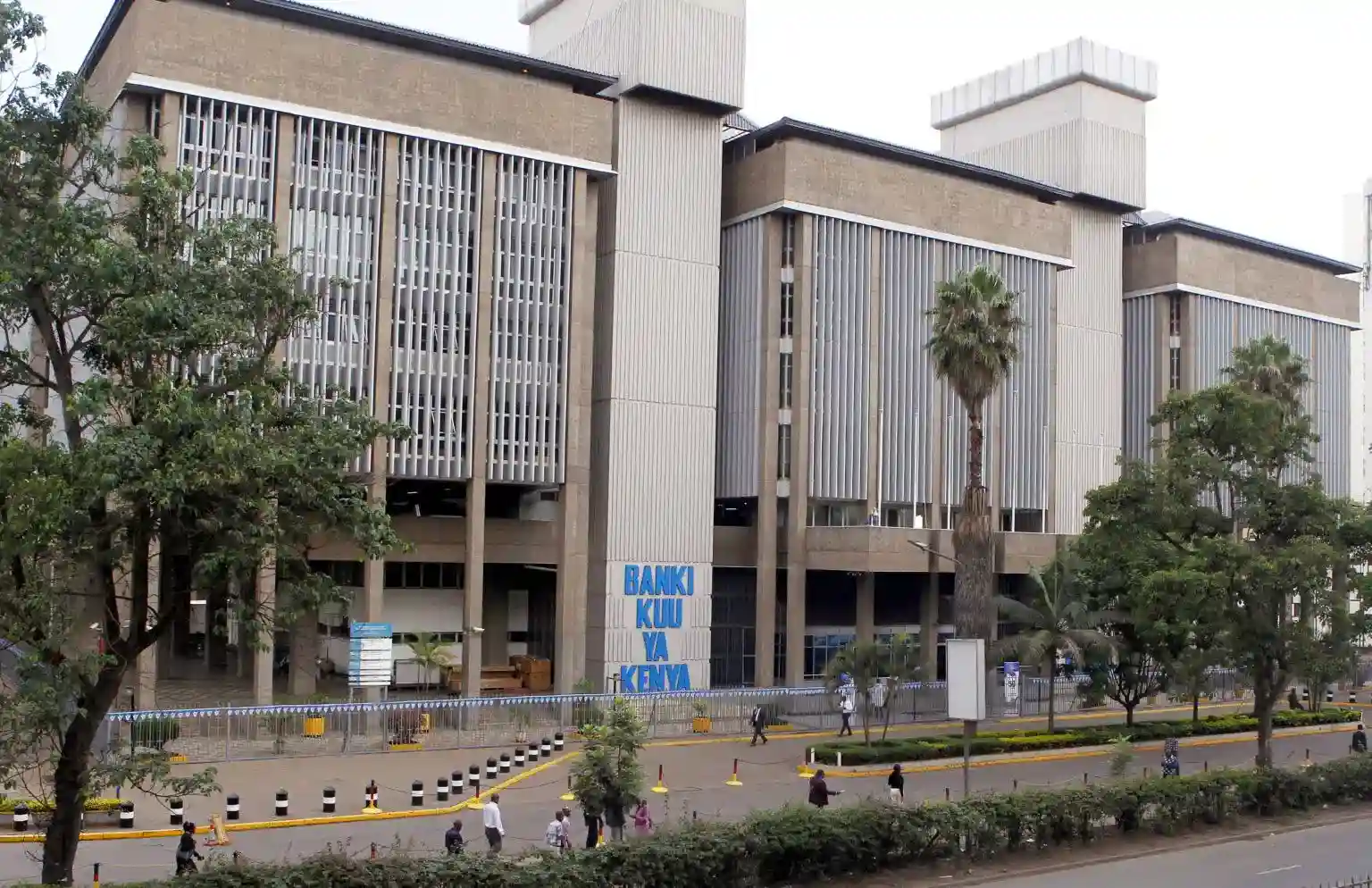In a landmark collaboration aimed at bolstering Nigeria’s agricultural sector and addressing the nation’s food security challenges, a coalition of agro-allied commodities and cooperatives’ service providers has teamed up with the World Bank to roll out a six-year, $500 million food security programme. The initiative, announced on August 13, 2024, underscores the critical need for sustainable agricultural practices and financial support for smallholder farmers, who are the backbone of the country’s food production.
Key Details of the Programme
The food security programme, spearheaded by the national President General of the agro-allied group, Yeye Oodua Agbaye of Ife Kingdom, Queen Hajarat Victoria Adeyeye, is designed to provide substantial financial assistance to smallholder farmers across Nigeria. The programme will offer loan facilities to these farmers, enabling them to enhance their production capabilities and contribute significantly to the national food supply.
Queen Adeyeye, in her statement to journalists in Abuja, highlighted the importance of this initiative, particularly in light of the ongoing food scarcity and rising food prices in the country. The programme is part of a broader effort by the Bola Tinubu-led administration to create employment, combat hunger, and improve overall food security.
Government Support and Strategic Interventions
The Nigerian government’s active involvement in the programme is evident through the support provided by President Bola Tinubu, who has been instrumental in approving the Empowerment Scheme for Farmers. This scheme is set to benefit farmers across all 36 states and the Federal Capital Territory (FCT). The swift approval of funds by the Minister of Agriculture and Food Security, Alhaji Abubakar Kyari, and the Managing Director of the Bank of Agriculture, underscores the government’s commitment to ensuring the early disbursement of financial resources to the farmers.
These interventions are not just about immediate relief but are part of a long-term strategy to build a more resilient agricultural sector. By focusing on improving food production, the government aims to stabilize food prices, reduce dependency on food imports, and ultimately achieve food sufficiency in Nigeria.
Economic Impact and Job Creation
One of the significant goals of this programme is to stimulate economic growth through job creation in the agricultural sector. By providing financial support and resources, the programme aims to empower youths, women, and less privileged individuals who are interested in pursuing farming as a means of livelihood. This focus on agro-business is expected to enhance self-employment opportunities, reduce poverty levels, and contribute to the broader economic development of the country.
Agriculture remains one of Nigeria’s most critical sectors, contributing approximately 24% to the nation’s Gross Domestic Product (GDP) and employing about 70% of the labor force, according to the National Bureau of Statistics. However, despite its importance, the sector has been plagued by various challenges, including limited access to finance, inadequate infrastructure, and inconsistent government policies. The introduction of the $500 million food security programme is expected to address some of these challenges, particularly by providing much-needed financial resources to smallholder farmers.
Challenges Facing Nigeria’s Agricultural Sector
Nigeria’s agricultural sector faces several significant challenges that have hindered its growth and productivity. Among these challenges are climate change, which has led to unpredictable weather patterns, affecting crop yields and farming seasons. Additionally, inadequate infrastructure, such as poor road networks and lack of storage facilities, has made it difficult for farmers to access markets and store their produce, leading to significant post-harvest losses.
The lack of access to affordable finance has also been a major barrier for smallholder farmers, who often struggle to secure loans due to stringent collateral requirements and high-interest rates. This has limited their ability to invest in modern farming techniques, purchase quality inputs, and expand their operations.
The $500 million food security programme, with its focus on providing loan facilities, aims to alleviate these financial constraints, enabling farmers to adopt improved agricultural practices, increase their productivity, and contribute to national food security.
The Role of Technology and Innovation
The success of the food security programme will also depend on the integration of technology and innovation in agriculture. Nigeria has seen a rise in agri-tech startups that are providing innovative solutions to some of the sector’s most pressing challenges. These startups are leveraging technology to provide farmers with access to real-time information on weather patterns, market prices, and best farming practices. They are also developing mobile platforms that enable farmers to access loans, purchase inputs, and sell their produce directly to consumers, bypassing traditional middlemen.
The programme is expected to collaborate with these agri-tech companies to ensure that farmers have access to the latest technology and tools that can enhance their productivity. This collaboration will be crucial in ensuring that the programme not only provides financial support but also empowers farmers with the knowledge and resources they need to succeed in a rapidly changing agricultural landscape.
International Support and Partnerships
The involvement of the World Bank in this programme highlights the importance of international support in addressing Nigeria’s food security challenges. The World Bank has been a long-standing partner in Nigeria’s development efforts, providing financial and technical assistance across various sectors, including agriculture.
Through this partnership, the World Bank will bring its expertise and experience in implementing large-scale agricultural programmes in other developing countries. This will be crucial in ensuring that the programme is effectively managed and that the funds are used efficiently to achieve the desired outcomes.
Moreover, the programme is expected to attract additional international partners, including other development agencies, non-governmental organizations (NGOs), and private sector players. These partnerships will be essential in scaling up the programme’s impact and ensuring that it reaches as many farmers as possible across the country.
Sustainable Agriculture and Environmental Considerations
As the programme focuses on boosting food production, it is also essential to consider the environmental impact of agricultural activities. Sustainable agriculture practices, such as organic farming, crop rotation, and the use of renewable energy, will be encouraged to ensure that the programme does not contribute to environmental degradation.
The programme will also emphasize the importance of preserving Nigeria’s biodiversity, promoting soil conservation, and reducing the use of harmful pesticides and chemicals. By adopting these practices, the programme aims to create a balance between increasing food production and protecting the environment for future generations.
Conclusion: A Pathway to Food Security and Economic Prosperity
The $500 million food security programme represents a significant step towards achieving food security in Nigeria. By providing financial support to smallholder farmers, the programme aims to boost agricultural production, create jobs, and reduce poverty across the country.
However, the success of the programme will depend on several factors, including the effective management of funds, the integration of technology and innovation, and the adoption of sustainable agricultural practices. With the right support and collaboration from both local and international partners, the programme has the potential to transform Nigeria’s agricultural sector and contribute to the country’s long-term economic prosperity.
As the nation embarks on this ambitious journey, the lessons learned from this programme could serve as a blueprint for other African countries facing similar challenges in their quest for food security and economic development. The commitment of the Nigerian government, led by President Bola Tinubu, alongside the support from the World Bank and other stakeholders, will be crucial in ensuring the success of this transformative initiative.
photo source: Google
By: Montel Kamau
Serrari Financial Analyst
14th August, 2024
Article, Financial and News Disclaimer
The Value of a Financial Advisor
While this article offers valuable insights, it is essential to recognize that personal finance can be highly complex and unique to each individual. A financial advisor provides professional expertise and personalized guidance to help you make well-informed decisions tailored to your specific circumstances and goals.
Beyond offering knowledge, a financial advisor serves as a trusted partner to help you stay disciplined, avoid common pitfalls, and remain focused on your long-term objectives. Their perspective and experience can complement your own efforts, enhancing your financial well-being and ensuring a more confident approach to managing your finances.
Disclaimer: This article is for informational purposes only and does not constitute financial advice. Readers are encouraged to consult a licensed financial advisor to obtain guidance specific to their financial situation.
Article and News Disclaimer
The information provided on www.serrarigroup.com is for general informational purposes only. While we strive to keep the information up to date and accurate, we make no representations or warranties of any kind, express or implied, about the completeness, accuracy, reliability, suitability, or availability with respect to the website or the information, products, services, or related graphics contained on the website for any purpose. Any reliance you place on such information is therefore strictly at your own risk.
www.serrarigroup.com is not responsible for any errors or omissions, or for the results obtained from the use of this information. All information on the website is provided on an as-is basis, with no guarantee of completeness, accuracy, timeliness, or of the results obtained from the use of this information, and without warranty of any kind, express or implied, including but not limited to warranties of performance, merchantability, and fitness for a particular purpose.
In no event will www.serrarigroup.com be liable to you or anyone else for any decision made or action taken in reliance on the information provided on the website or for any consequential, special, or similar damages, even if advised of the possibility of such damages.
The articles, news, and information presented on www.serrarigroup.com reflect the opinions of the respective authors and contributors and do not necessarily represent the views of the website or its management. Any views or opinions expressed are solely those of the individual authors and do not represent the website's views or opinions as a whole.
The content on www.serrarigroup.com may include links to external websites, which are provided for convenience and informational purposes only. We have no control over the nature, content, and availability of those sites. The inclusion of any links does not necessarily imply a recommendation or endorsement of the views expressed within them.
Every effort is made to keep the website up and running smoothly. However, www.serrarigroup.com takes no responsibility for, and will not be liable for, the website being temporarily unavailable due to technical issues beyond our control.
Please note that laws, regulations, and information can change rapidly, and we advise you to conduct further research and seek professional advice when necessary.
By using www.serrarigroup.com, you agree to this disclaimer and its terms. If you do not agree with this disclaimer, please do not use the website.
www.serrarigroup.com, reserves the right to update, modify, or remove any part of this disclaimer without prior notice. It is your responsibility to review this disclaimer periodically for changes.
Serrari Group 2025





